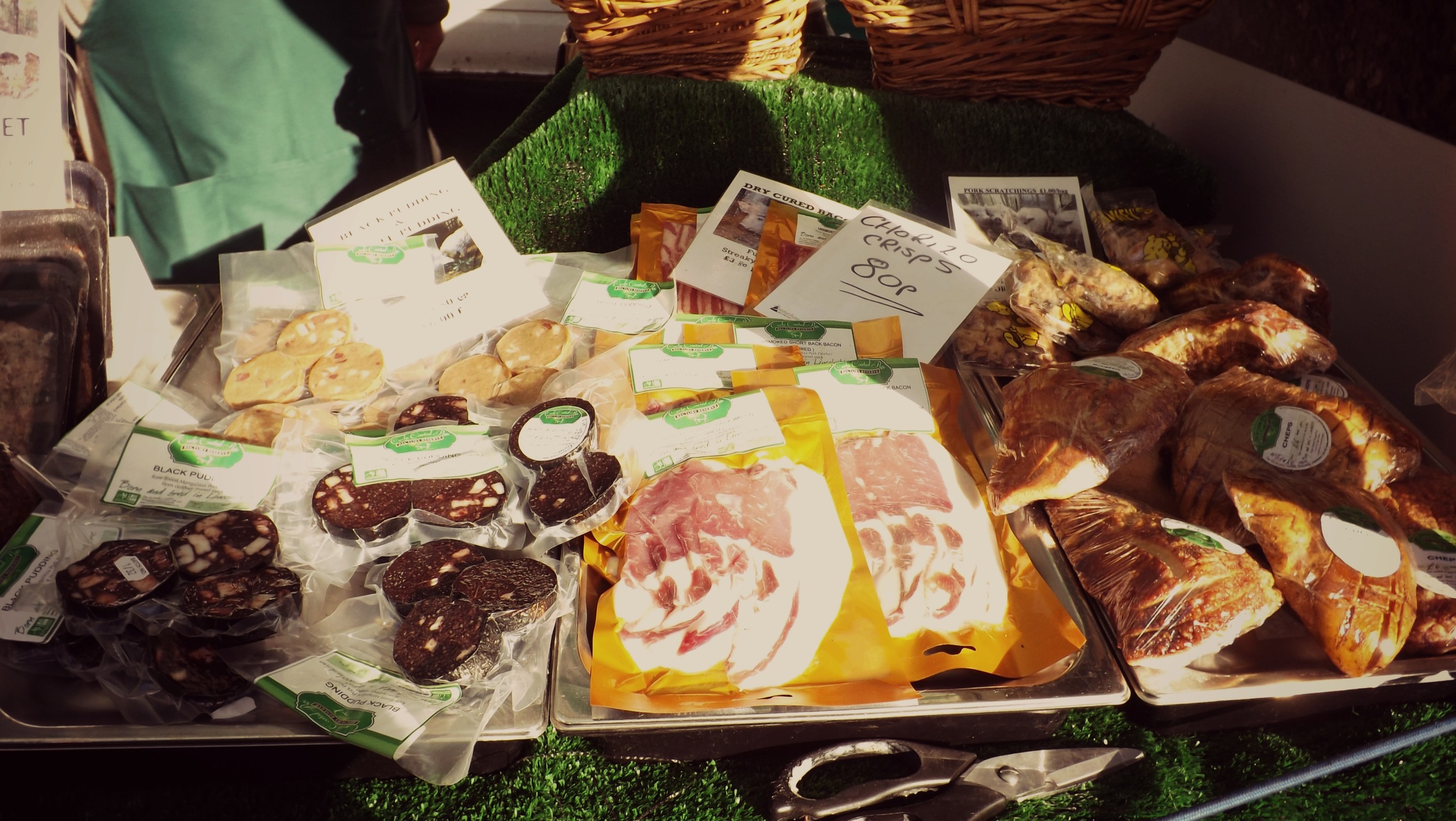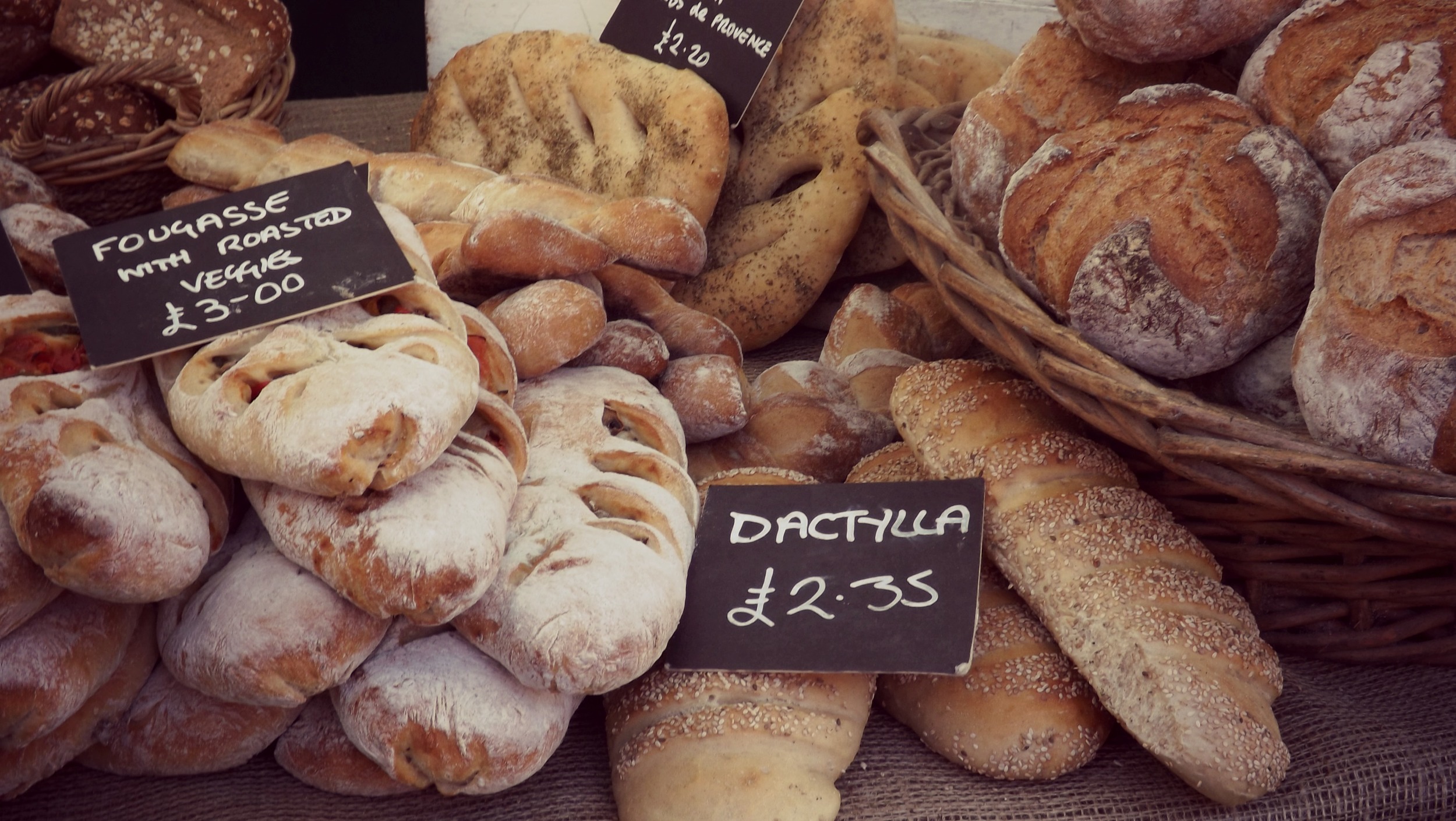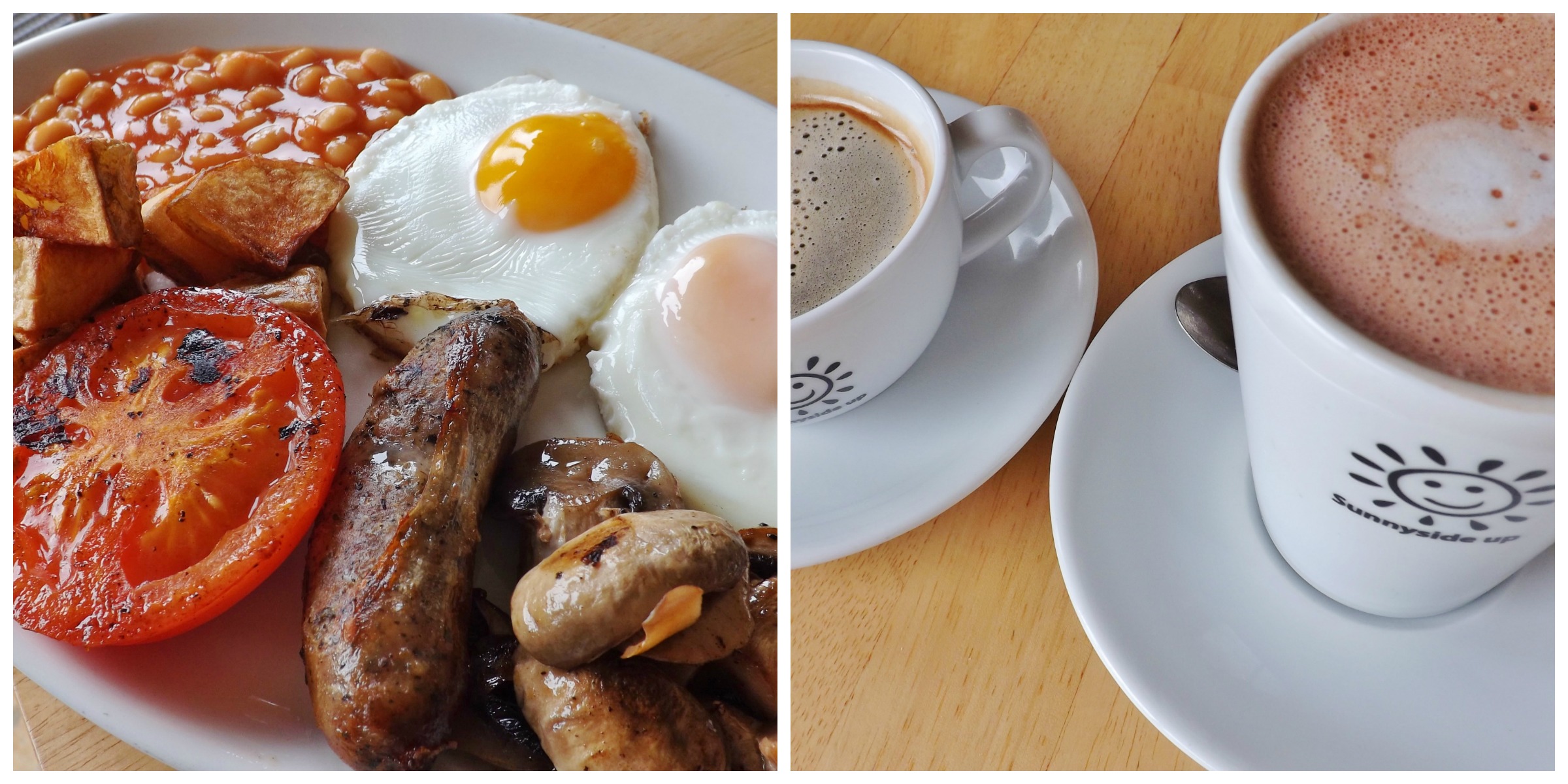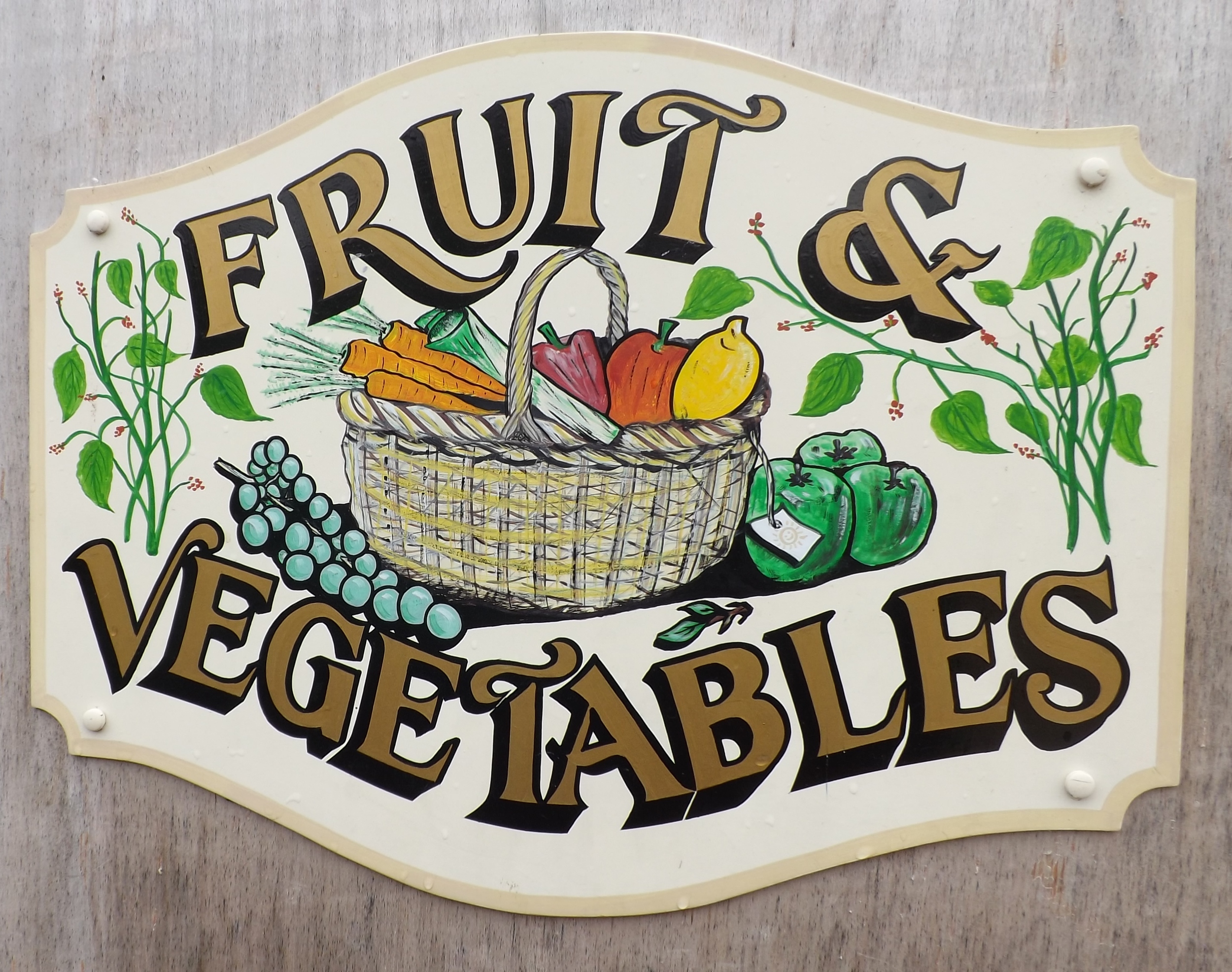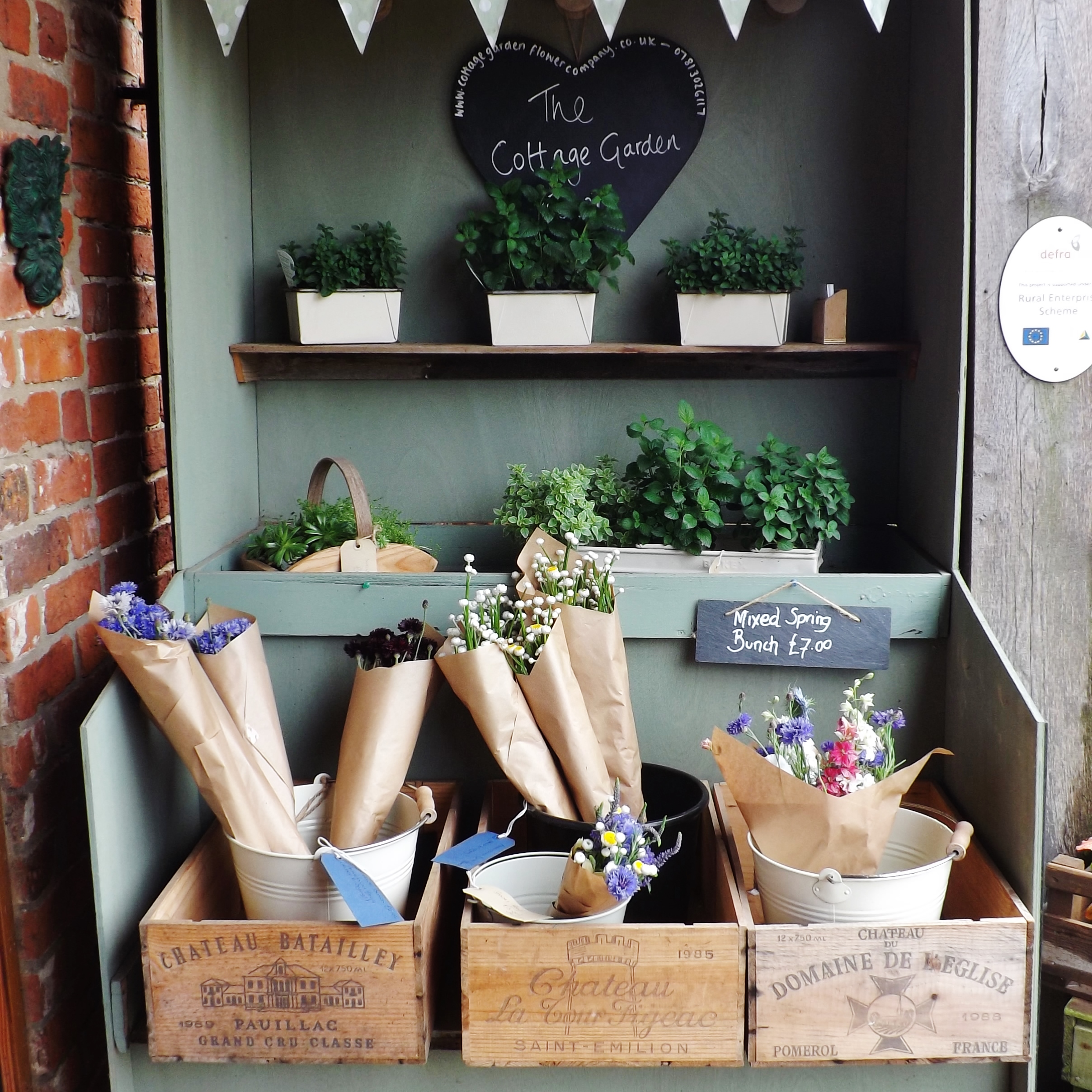It's lovely to hear that many of you enjoy my eat seasonably posts, in which I run through what's good to eat in the month ahead. For some it may seem easy, natural even, to pick out what's at its peak and create dishes accordingly, but I know from experience that starting to think and cook in this way can seem quite daunting. Today's post offers easy tips on how to start eating seasonably, considers why local food is important too, and includes expert advice from The Lincolnshire Chef.
Why should I eat seasonably?
Whether you care about any of the other justifications or not, the number one reason you should eat seasonably is the taste. There's a reason why we don't eat strawberries at Christmas - they taste awful; bland, insipid and slimy, the strawberries that are packeted and shipped into supermarkets over winter lack the heat of the sun and have probably travelled thousands of miles just to appease your whim. Are they worth it? Never. Is there a better option? Of course! Pick up a basketful of local apples to crunch and your taste buds (and your bank balance) will be thankful.
It can often be surprising how varied the produce on offer can be throughout the year if you're open to experimenting in the kitchen. You could find yourself sampling the delights of celeriac mash, baby radishes, Jerusalem artichokes and many more (often forgotten) delights if you eat what's in season, and your reliance on the same, tired recipes will inevitably, and happily, reduce. What's more, the abundance of in season produce and the fact it hasn't had to travel as far means that, more often than not, you'll save money too.
What about choosing local ingredients?
This falls hand in hand with seasonal eating. If you're eating what's best in Britain (or wherever you are) in that month, then chances are there's someone around you who's growing it. Not only are you relying even less on shipped in food, thereby reducing the carbon footprint left by your food choices, but you are also encouraging and helping to maintain your local economy. If no one uses the farm shop or the fruit and vegetable market, then they will disappear and our reliance on supermarkets will grow. Don't let yours disappear, because chances are they won't return.
How does this work in practice?
Steven Bennett, also known as The Lincolnshire Chef, follows these guidelines when he creates his ever-changing menus. He discussed with me his ethos and approach to cooking using seasonal ingredients.
"We base the menus on what food's available, not the other way around," he explains, telling me that only that week they'd changed the menu to include a rabbit pâté after a number became available from a local shoot. Served with blossom honey, carrot purée and marmalade brioche crisps, it sounds delicious and perfectly in keeping with the restaurant's values of fresh, local and seasonal ingredients with a modern twist. While most people choose what they want to cook, perhaps picking a recipe first, Steven argues that starting with the ingredients is key to cooking seasonably. It makes sense, and actually ensures a more creative kitchen environment, pushing you to consider what could be created from different sets of ingredients.
He continues:, "it's all about the taste," and goes on to explain that while people are usually confident in creating menus that include great tasting desserts, joints of meat or sides of vegetables, putting something like a whole fish or game bird in front of them can be scary. Becoming more confident at cooking fish and game will really help to improve your ability to cook seasonal foods, and choosing them for a dish is sensible, because they pair so well with seasonal vegetables.
If you'd like more advice on what's in season, I send out a list of the best foods to buy in my monthly seasonal newsletter. When you sign up you'll also receive a free e-book on living seasonally throughout the year, which includes sections on food and eating seasonably. Just sign up below!













